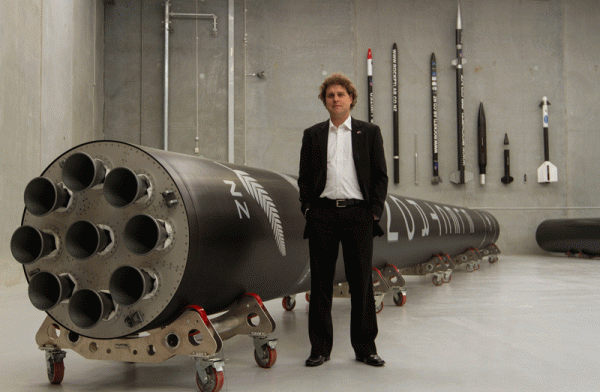


“We’re in a time where there’s lots of excitement, but at the end of the day, this industry and the public markets are all about execution. “It’s going to become blatantly obvious to investors really quickly, who’s executing, and who’s aspiring to execute,” he said. While the space industry is relatively crowded now, with companies like Rocket Lab and SpaceX sending payloads to orbit and myriad newer entrants looking to join them (or, more optimistically, take their leading place), Beck said he anticipates the crowd thinning out. That is no way to become a public company.” “There has been a lot of space SPACs go out, and I think that there is a spectrum of quality there for sure - some that have failed to raise money in the private markets, and is the last-ditch attempt. The company reported revenues of $48 million in 2019 and $33 million in 2020, and anticipates hitting around $69 million this year.īut he remains skeptical of pre-revenue space startups, or those that failed to raise capital, using SPACs as a financial instrument.

According to a March investor presentation in advance of the SPAC merger - documents that should always be taken with a large grain of salt - the future is bright: Rocket Lab anticipates revenues of $749 million in 2025 and surpassing $1 billion the following year. SPACs have become a popular route to going public amongst space industry companies looking to secure large amounts of capital rival satellite launch startups Virgin Orbit and Astra have each started trading via a SPAC merger, in addition to other companies in the sector, like Redwire, Planet and Satellogic (to name just a few).īeyond the fanfare and SEC warnings, SPACs are here to stayīeck told TechCrunch that going public has been part of Rocket Lab’s plans for years the original plan was to use a traditional initial public offering, but the SPAC route in particular enabled certainty around capital and valuation. The merger with Vector Acquisition catapulted Rocket Lab’s valuation to $4.8 billion, putting it second (by value) amongst space launch companies only to Elon Musk’s SpaceX. #SpaceIsOpenForBusiness #NasdaqListed /DLmVsmtqOj $RKLB has launched! Today’s exciting next step in Rocket Lab’s story was made possible by the incredible people behind us - our team, our families, our customers, and our investors. Now, 15 years and 21 launches later, the company has gone public through a merger with a blank-check firm that’s added $777 million to its war chest. His tinkering matured with experience and working double time paid off: In 2006, he founded his space launch company Rocket Lab.

“I was very, very fortunate through my career that the companies I worked with and worked for, and the government organizations that I’ve worked for, always encouraged - or tolerated, maybe is a better word - me using their facilities and doing things in their facilities at night,” he said. Instead of going to university, Beck got a trade job, working as a tool-making apprentice by day and a dilettante rocket engine maker by night. But it’s true that Beck’s career has been characterized by an unusually single-minded focus on rocketry. “For a three or four year old, that was a mind-blowing thing that got etched into my memory and from that point onwards, that was me destined to work in the space industry,” he said at the Space Generation Fusion Forum (SGFF). Peter Beck’s earliest memory is standing outside with his father in his hometown of Invercargill, New Zealand, looking up at the stars and being told that there could very well be people on planets orbiting those stars looking right back at him.


 0 kommentar(er)
0 kommentar(er)
